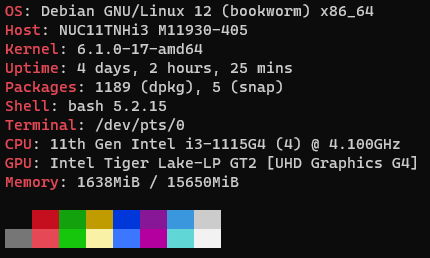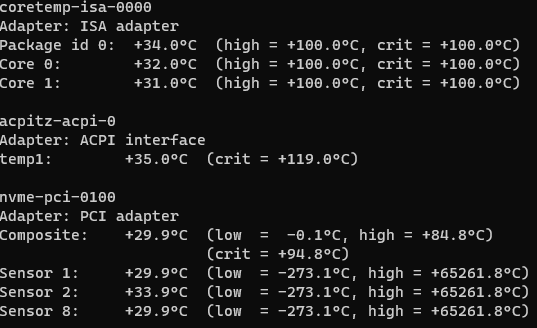Raspberry pi is power limited. HDD creates a power spike on boot as well so you may have power issues. When i used a rpi for a media server, i had to use a 25W supply. Even 20W wasnt enough and i had voltage throttling issues. 1TB HDD probably wont draw that much power but SSD is never an issue. If you dont need space and are on a budget SSD is the way to go. This is all assuming USB is used for power.
If you need large amounts of space and have a budget, use an HDD but it needs to be self powered or used with a larger device like a mini pc which has adequate internal power.








Neat hack!